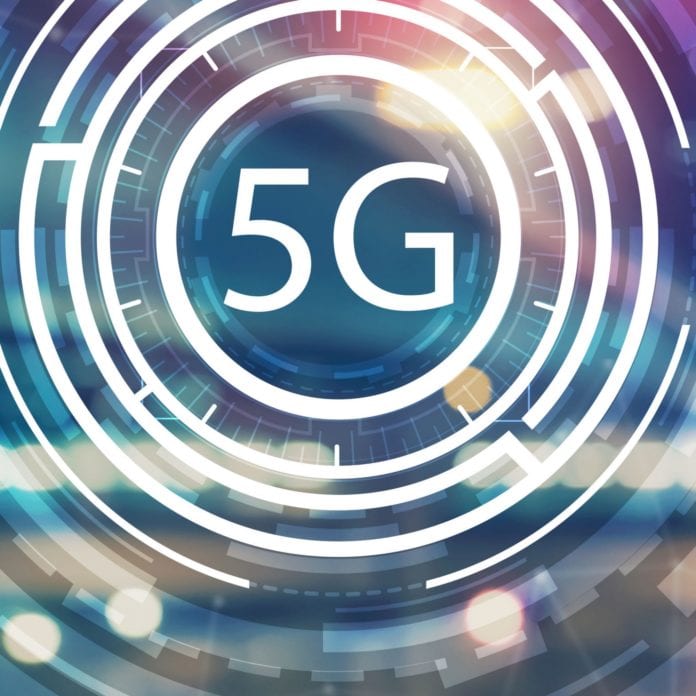Globe Telecom launched 5G services in June 2020
Nokia has secured a three-year 5G contract with the Filipino operator Globe Telecom. Globe, the largest operator in the country, is looking to upgrade its current 4G network, as well as expand the geographical reach of its 5G network at more than 1,000 sites and the second and third-largest islands, Mindanao and Visaya.
Globe Telecom’s President and CEO Ernest Cu said the company is ready to go “full steam ahead” with 5G and is prepared to deliver “compelling 5G experiences” for its customers.
The network will make use of high-capacity AirScale massive MIMO adaptive antennas, and Nokia’s 5G AirScale portfolio will be used to build out the Radio Access Network (RAN), including base stations and other radio access products. Nokia’sNetAct will be used for network management and daily network operations.
Globe was first given permission to deploy 5G small cells in Manila in 2018, with the official launch of services taking place in June 2020. Then, in November 2020, the operator further expanded its 5G network to 17 key cities in populous areas of the National Capital Region (also known as Metro Manila), Visayas and Mindanao as part of its larger connectivity upgrade campaign, called #1stWorldNetwork, which seeks to improve the Filipino’s quality of life and make high-speed connectivity accessible for everyone.
And the operator has been demonstrating success is achieving these goals, with Ookla’s quarterly data shows that Globe’s overall consistency score in Q4 2020 improved to 60.82% from Q3’s 56.83%.
“Aside from faster speeds, our goal has always been to give consumers easy access to all the digital use cases they desire,” Cu has said previously. “In the Philippines, this translates mostly to social media, messaging, streaming videos, and music, and this has been happening as a result of our consistent network performance which offers a better connectivity experience for our customers.”
The expansion of its 5G services, now supported by Nokia, will begin in Q2 this year, with completion expected in 2023.

